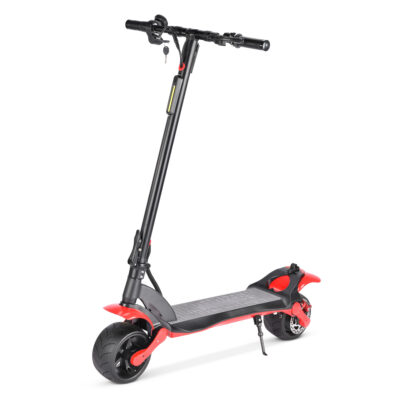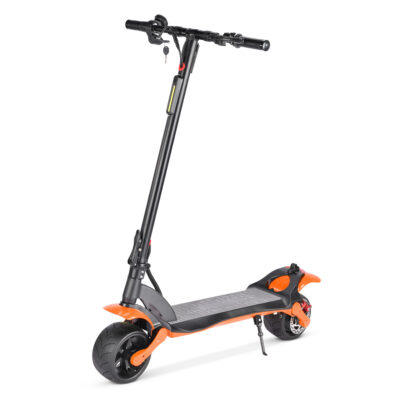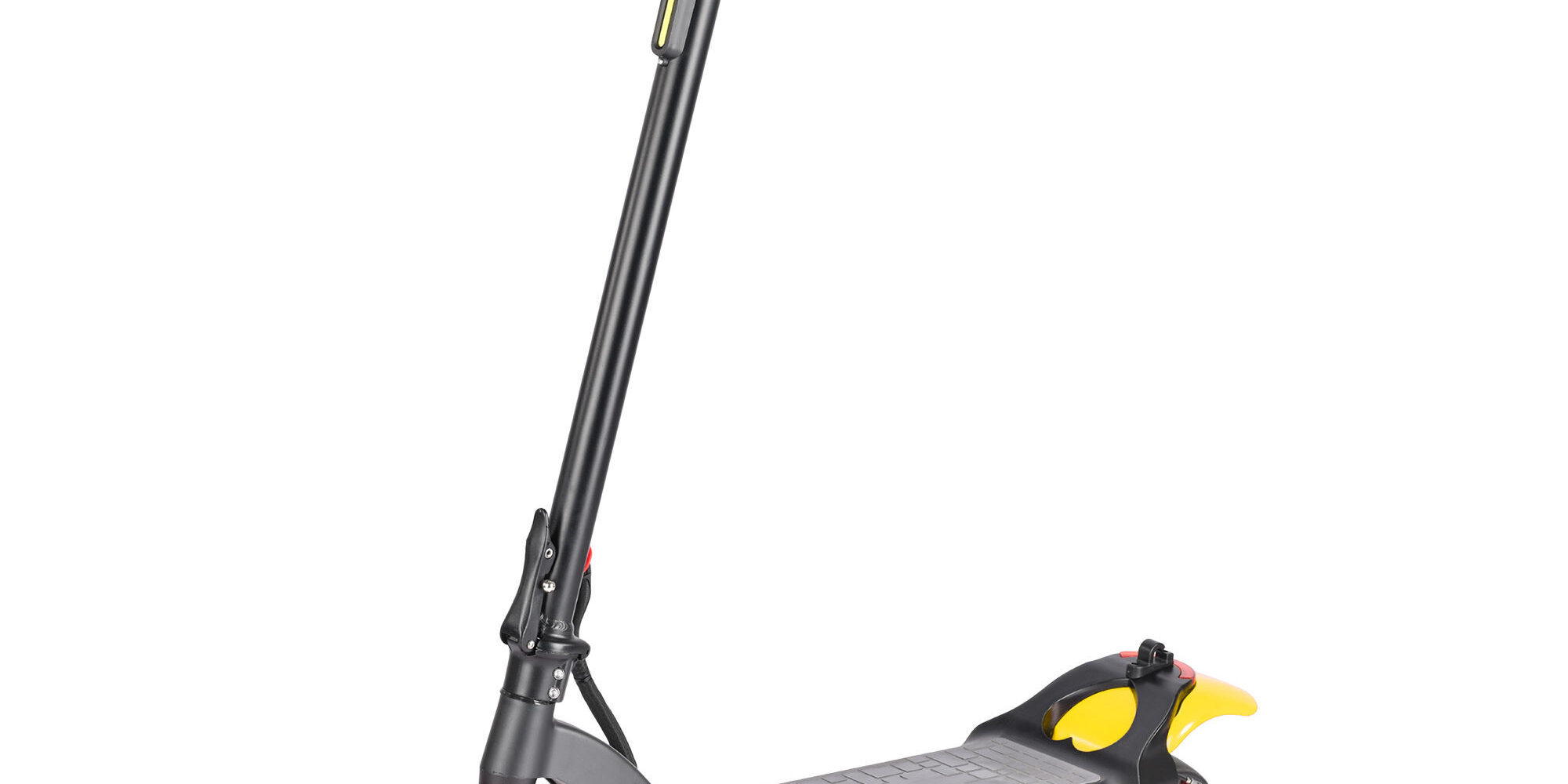Urban commuting is changing rapidly. As cities grow denser and traffic congestion becomes a daily frustration, more professionals, students, and delivery businesses are turning to electric scooters as their go-to mobility solution. But with so many models and features available, how can you choose the best electric scooter for city commuting? This guide walks you through the essential factors to consider before making a purchase.
🚦 1. Consider Range and Battery Life
For city commuting, range is critical. Most riders need a scooter that can cover at least 15–25 km on a single charge. If your daily route is longer or involves multiple trips, look for a scooter with a higher-capacity lithium battery. Business buyers, especially retailers and fleet operators, often prefer sourcing from Electric Scooter Manufacturers that can guarantee consistent battery performance and bulk supply.
⚡ 2. Motor Power and Speed
Motor power determines both speed and hill-climbing ability. For flat city roads, a 250W–350W motor is usually sufficient, while hilly regions may require 500W or more. Speed limits in urban areas often cap scooters at 25 km/h, but having enough torque ensures a smooth ride even under load. Companies that order wholesale scooters should work closely with reliable suppliers to ensure specifications meet local regulatory requirements.
🛠️ 3. Portability and Folding Mechanism
City riders value portability, especially when combining scooter travel with public transportation. A lightweight folding design allows easy carrying into trains, offices, or apartments. Businesses sourcing in volume often request folding models from Folding Electric Bike Manufacturers since they appeal strongly to the commuter market and maximize sales opportunities.
🛡️ 4. Safety Features to Prioritize
Safety is non-negotiable when it comes to commuting. Look for scooters with dual braking systems (disc + electronic), bright LED headlights, taillights, and side reflectors. Wider decks and non-slip surfaces add stability. For B2B buyers, offering scooters that meet or exceed international safety standards is a strong competitive advantage.
🏙️ 5. Comfort and Ride Quality
Daily riders want a comfortable experience. Suspension systems, pneumatic tires, and wider handlebars can make a big difference during long commutes. Scooters with seat options are gaining popularity among older riders and delivery staff who spend extended hours on the road.
💼 6. Cost, Warranty, and After-Sales Support
While price is a factor, it should not be the only consideration. Choosing the cheapest option can lead to frequent breakdowns and poor customer satisfaction. Businesses sourcing wholesale scooters must evaluate warranty terms, spare parts availability, and after-sales service. Partnering with established manufacturers ensures stability in production and global shipment capabilities.
🌱 7. Eco-Friendly and Branding Opportunities
More companies are seeking eco-friendly mobility solutions. Electric scooters with recyclable materials, low emissions, and smart battery systems align with sustainability goals. Customization options, such as branded decks or unique color schemes, also allow retailers and corporate buyers to differentiate their offerings in a competitive market.
✅ Conclusion
Choosing the best electric scooter for city commuting involves balancing range, speed, portability, safety, and long-term reliability. For individual riders, it’s about daily convenience and comfort. For B2B buyers, it’s about ensuring quality, scalability, and consumer trust. By sourcing directly from trusted electric scooter manufacturers, businesses can secure high-performance models that meet the demands of modern urban mobility.















